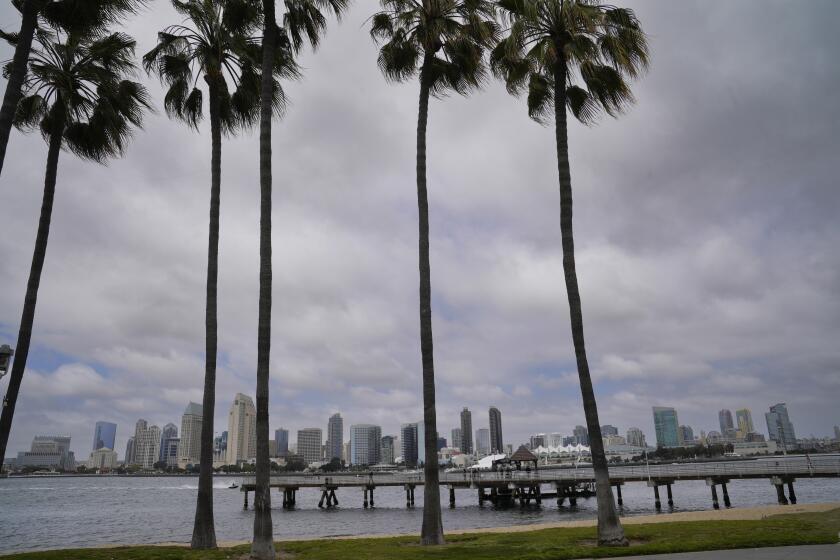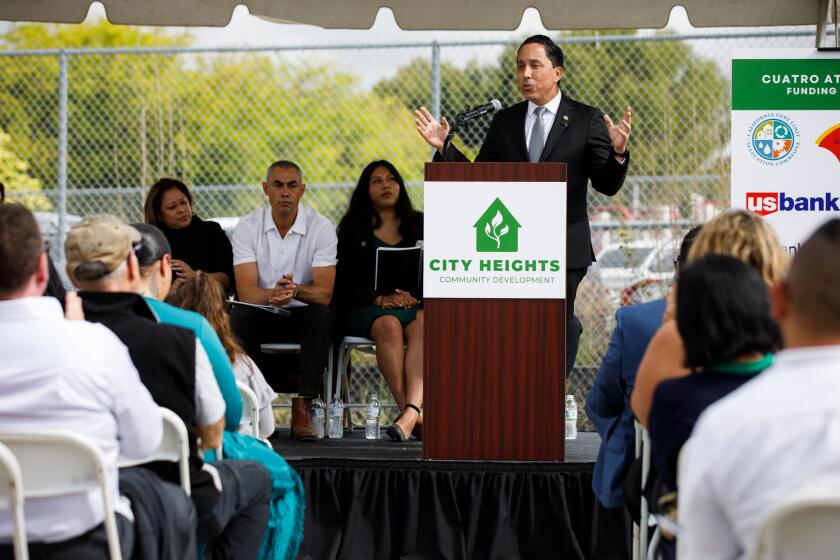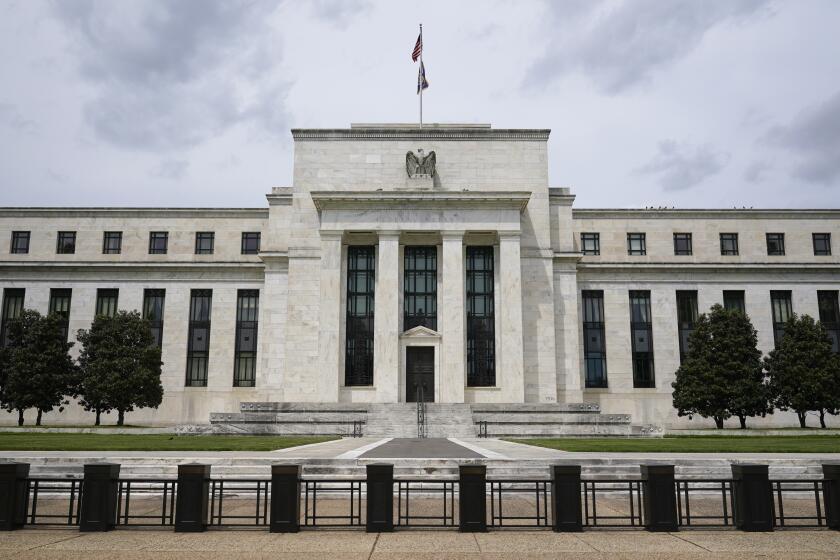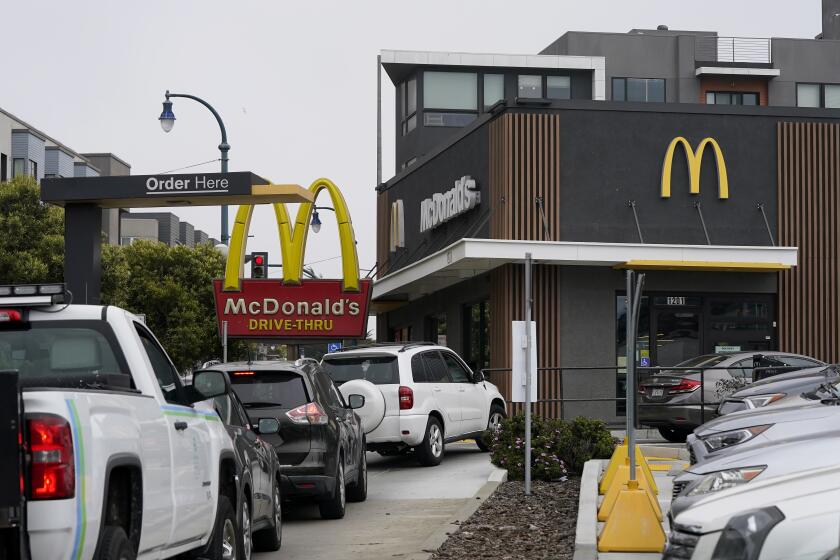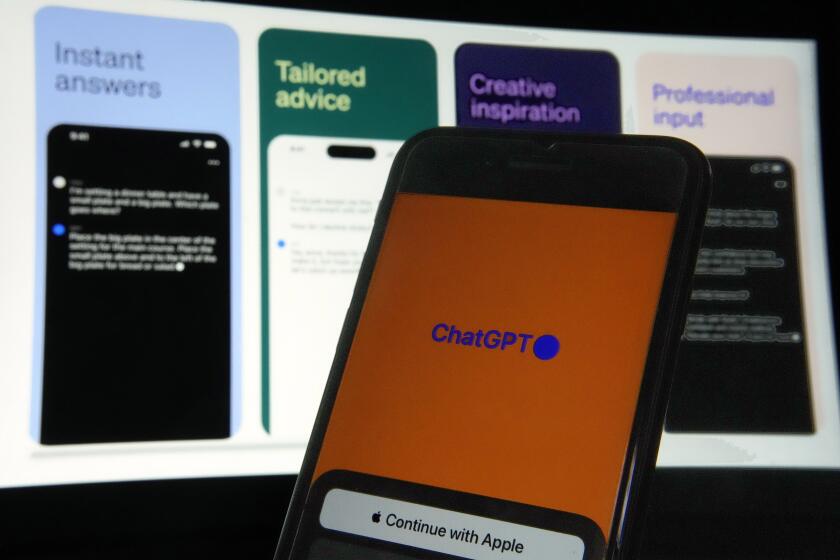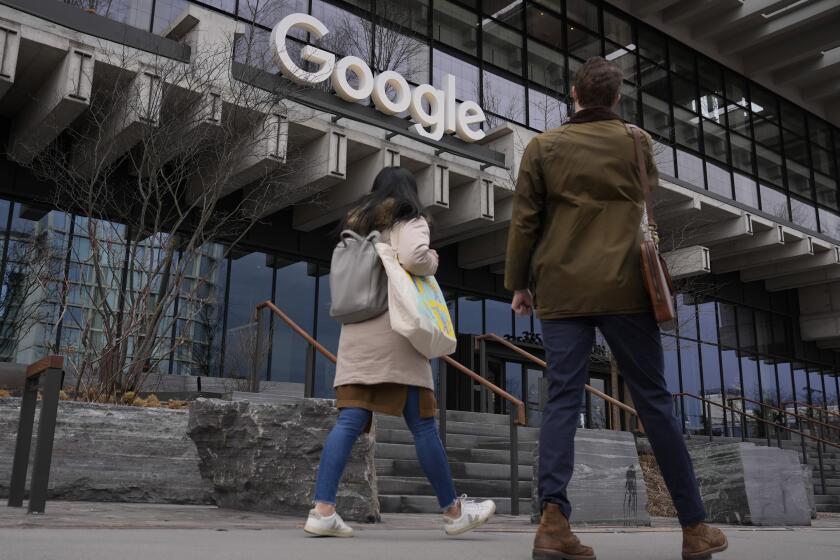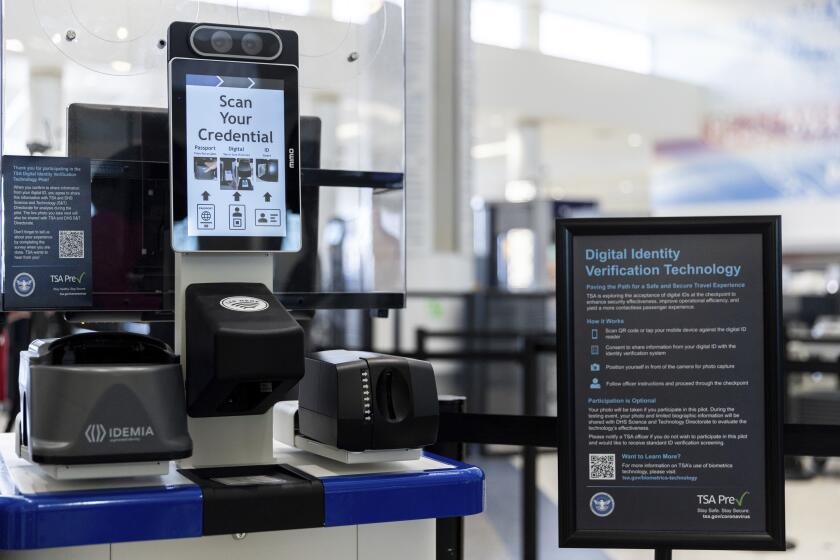Should Biden have forgiven more student loan debt?
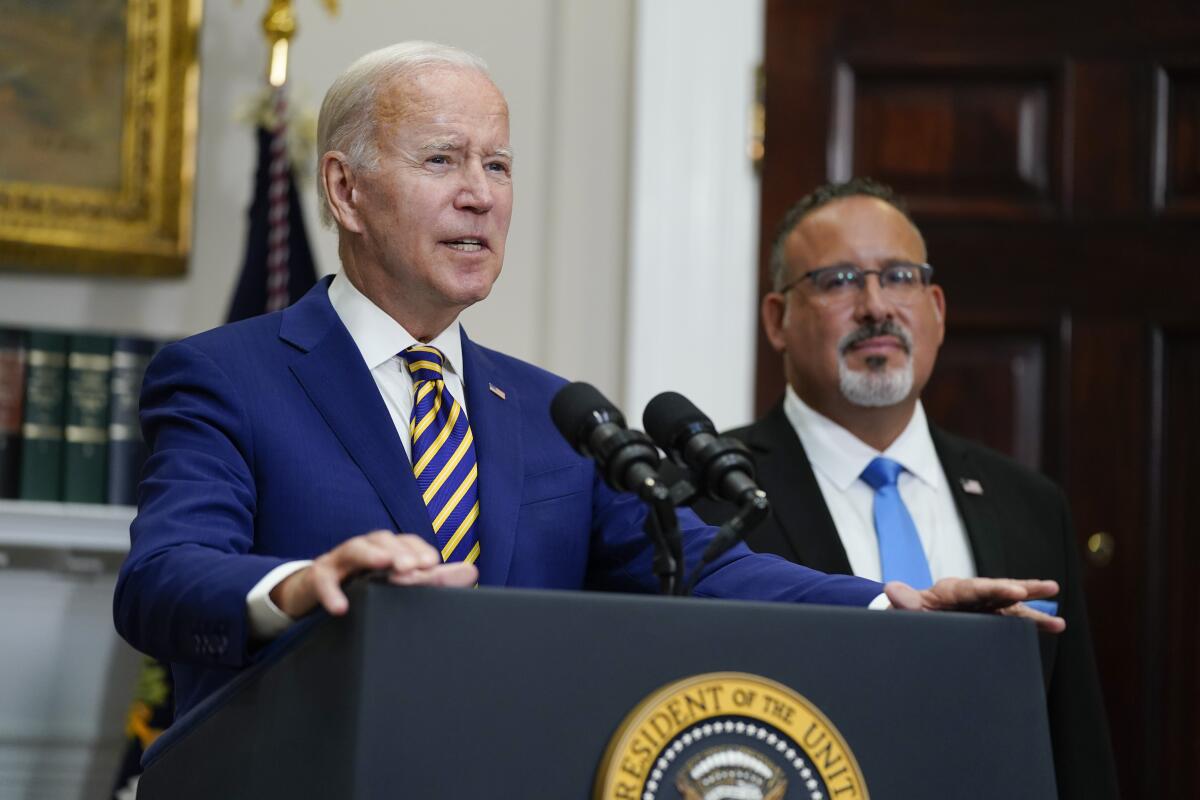
Our San Diego Econometer panel considers the president’s debt forgiveness plan.
President Joe Biden announced last week he will cancel $10,000 in federal student loan debt (or $20,000 for those with Pell grants) as long as the borrower makes under $125,000 a year.
Some Democrats and debtor advocacy groups have argued the forgiveness didn’t go far enough. Labor writer Hamilton Nolan, in a piece for The Guardian U.S., wrote that Biden’s plan was “unquestionably a half-measure.”
Nolan’s argument is that Republican lawmakers have already shown that they are unhappy with $10,000, so why not go higher with $50,000, like some Democrats were proposing?
“Here is the very simple lesson,” he wrote, “to take from this episode: you will get all of the backlash whether you do a little, or a lot. So do a lot.”
Q: Should Biden have forgiven more student loan debt?
David Ely, San Diego State University
NO: Fairness to students who have paid off loans, individuals who did not attend college, and taxpayers needs to be considered in any student debt forgiveness plan. Ideally, action to lower excessive student debt should be part of a wider plan that also addresses the rising cost of attending college, the fundamental cause of the student debt problem. Without taking steps to make college more affordable, future students will again find themselves burdened by debt.
Ray Major, SANDAG
NO: Instead, the Biden administration should have determined why college is so expensive and implemented policy addressing the root causes. Forgiving debt of any amount is bad policy. It’s unfair to people who have paid off their debt, to those who chose not to go to college, to people who went to college and now hold high-paying jobs, and it’s unfair to future generations who will not have their debts forgiven. More importantly, it encourages universities, many with tens of billions of dollars of endowments, to continue to raise tuition rates.
Caroline Freund, UC San Diego School of Global Policy and Strategy
NO: Student debt forgiveness is a giveaway to people with higher average incomes. Taxpayer dollars could have instead been spent on folks who didn’t get to go to college. Forgiveness also does not get to the root of the problem — rising tuition rates and poor prospects, especially at for-profit schools. Instead, we need more funding for state institutions and no federal aid for schools that graduate high numbers of students into debt they cannot pay.
Haney Hong, San Diego County Taxpayers Assoc.
NO: The forgiveness came with no strings attached. Why didn’t we include a public service requirement, like serving in law enforcement or the uniformed services? I’m not even talking about the Army or Navy — could we have gotten more people to help the Public Health Service, for instance, given Covid-19 and Monkeypox? Since there was no skin in the game for beneficiaries, the forgiveness should absolutely not have been bigger.
Kelly Cunningham, San Diego Institute for Economic Research
NO: Federal government policies effectively made student loan debt permanent and unpayable by requiring payments too small to cover accruing interest rather than paying down over time. Students unable to pay off such predatory loans should be resolved in bankruptcy court. Canceling debt does nothing to address underlying problems and incentivizes colleges to further raise prices, while forcing workers not attending college to pay off the debt of those attaining valuable degrees who statistically out-earn them.
Lynn Reaser, economist
NO: Investment in education primarily benefits the student borrower, with this group seeing lower unemployment and higher wages. Of course, it is important that students major in areas that will serve them well in the workplace. It is critical that students assume responsibility when they assume debt. Boosting the amount of forgiveness would be unfair to those who stay within their means and would be a subsidy to those with high-paying jobs.
Phil Blair, Manpower
NO: These students are grown adults that have made the decision to take on debt. The interest rates should certainly be minimal and repayment spread over many years. Most students work while going to school or save their money to pay for tuition. Is it fair for taxpayers to take on the student’s debt and others paid their own tuition.
Gary London, London Moeder Advisors
NO: Student debt is a burden, and I am not averse to debt relief. But the focus ought to be on the cost of higher education, and a reformation on how to deliver it to more people. Also of concern: Universities such as Harvard or the University of Texas have over $40 billion each in their treasuries. What is the point of that money if not to go all in to fund their students?
Alan Gin, University of San Diego
Not participating this week.
Bob Rauch, R.A. Rauch & Associates
NO: It is not fair for people who have already paid their student loans but will not get any relief and it will likely affect the taxpayers who will see an increase in taxes due to this $300 billion in “relief” — this is a ploy to get votes, not a remedy for those saddled with debt they chose to take on.
James Hamilton, UC San Diego
NO: This decision will cost taxpayers hundreds of billions of dollars. Regardless of whether you think it’s a good idea, the Constitution is clear that the president does not have the power to spend money without the approval of Congress. Both Trump and Biden have acted as if the Constitution put no limits on the power of presidential decrees. More elected officials, both Democrat and Republican, need to say clearly that the U.S. president is not a king.
Austin Neudecker, Weave Growth
Not participating this week.
Chris Van Gorder, Scripps Health
NO: I don’t believe it is equitable to all those who did not take out loans or worked very hard and sacrificed to pay off their loans. I think this also encourages others to take loans in the future and then just wait until the government decides to forgive those loans. There are other ways to address the issue, including a change in the law that would permit student loans to be discharged through a bankruptcy proceeding.
Norm Miller, University of San Diego
NO: While I support some free community college to make up for deficient public-school education, this forgiveness is unfair to students who paid their debts, unfair to private bank borrowers, unfair to those who never went to college, and unfair to current and future taxpayers. It encourages less mature decision making by students, who might now expect the government to bail them out for spending time learning things that provided no useful skills. Personal responsibility is enhanced when students help pay for their own education.
Jamie Moraga, IntelliSolutions
NO: There shouldn’t have been any loan forgiveness. We should be addressing the causes of student debt and the decisions students should make to prevent debt accumulation. Students must weigh what they study and if it could yield a return on investment. Some can get into long-term financial trouble if they attend an expensive school, take out large amounts of student loans, and then obtain a degree in an area that may not give them the ROI to pay off that debt. Loan forgiveness is not free; taxpayers will end up picking up the cost.
Have an idea for an EconoMeter question? Email me at phillip.molnar@sduniontribune.com. Follow me on Twitter: @PhillipMolnar
Get U-T Business in your inbox on Mondays
Get ready for your week with the week’s top business stories from San Diego and California, in your inbox Monday mornings.
You may occasionally receive promotional content from the San Diego Union-Tribune.

